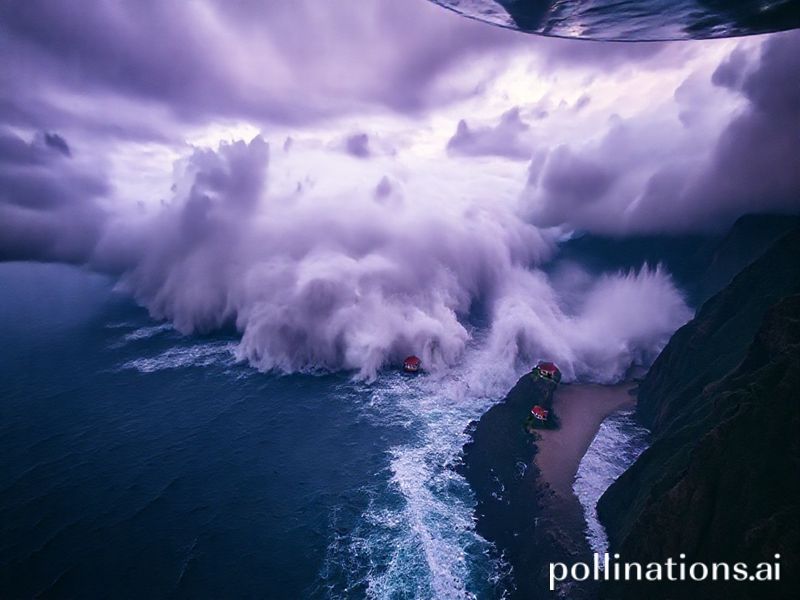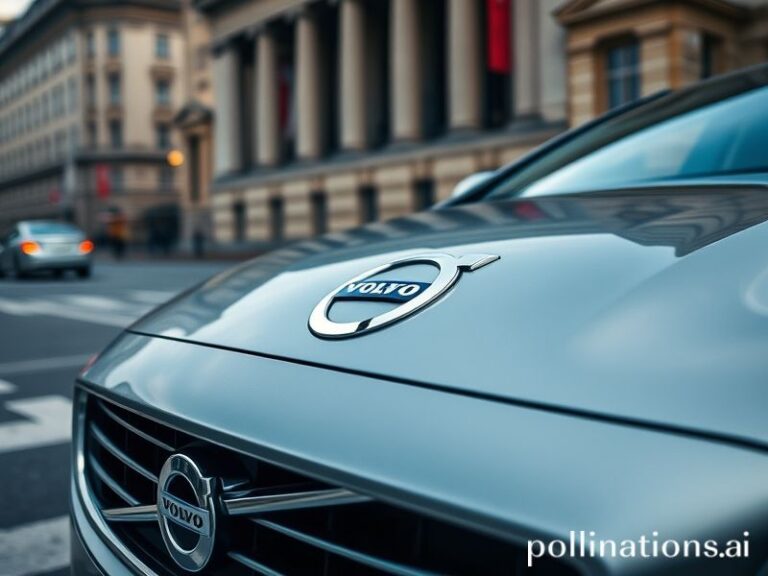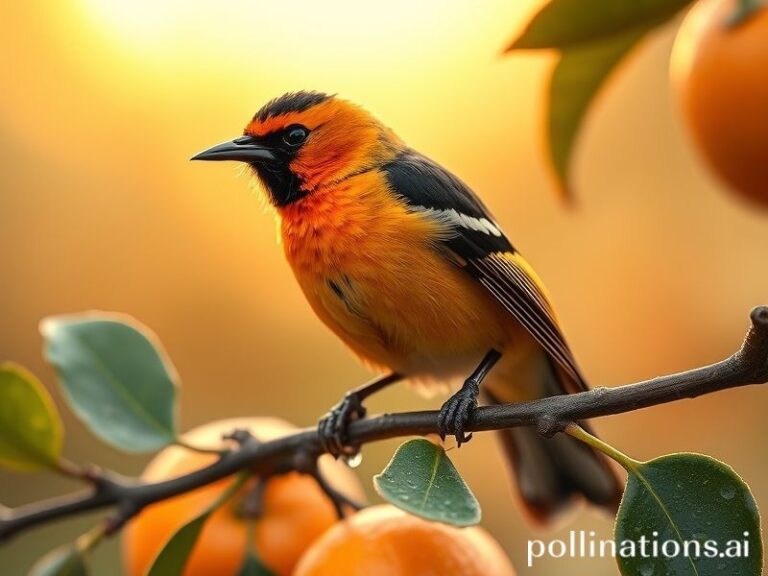hurricane hawaii
Hurricane Hawaii: A Global Tempest in a Teacup, Served with Pineapple
By Dave’s Locker International Desk
HONOLULU—While the rest of the planet busies itself with wars, elections, and whatever Elon Musk tweeted at 3 a.m., the Central Pacific has coughed up Hurricane Hone, a Category-4 bruiser currently doing an interpretive dance around the Hawaiian archipelago. To locals it’s an existential threat; to the international community it’s a 24-hour cable-news postcard of palm trees surrendering to physics. Same storm, two narratives—one soaked in adrenaline, the other in ratings.
Global Context: Because Even Cyclones Have LinkedIn Profiles
Hone’s 130-mph winds are flirting with the Big Island’s west coast, but the real story is how seamlessly the tempest fits into 2024’s apocalyptic mood board. Europe is broiling, Antarctica is slushier than a happy-hour margarita, and the Arctic has decided to become the Mediterranean’s younger, hotter cousin. Scientists call it “climate feedback loops.” The rest of us call it Tuesday. A hurricane in Hawaii is no longer an outlier; it’s the latest installment in a planetary limited series nobody asked for.
Worldwide Implications: Supply Chains, Pineapple Futures, and Existential Dread
Hawaii is 2,400 miles from anywhere important—unless you like your iPhone chips, your Kona coffee, or your vacation selfies. Roughly 30% of U.S. trans-Pacific cargo glides past these islands; when Hone parks its eye over the shipping lanes, freight rates spike faster than a Silicon Valley IPO. Analysts in London already report “pineapple futures volatility,” which sounds like a hipster cocktail but actually means breakfast will cost more from Singapore to São Paulo. The UN’s humanitarian office, meanwhile, is dusting off contingency plans for “tourism infrastructure collapse,” a euphemism for thousands of stranded honeymooners discovering that love does not, in fact, conquer 20-foot storm surge.
Broader Significance: Paradise as Metaphor
There is something poetically on-brand about the world’s most Instagrammed paradise being menaced by an atmospheric buzz saw. Hawaii’s crisis is a tidy allegory for the decade: the prettier the façade, the steeper the hidden bill. Coral bleaching? Check. Housing prices that make Monaco blush? Double check. And now a swirling monument to fossil-fuel afterburn is knocking at the door like an angry debt collector. If you listen closely you can hear the global middle class muttering, “There but for the grace of gated communities go we.”
Human Nature, Exhibit A: Boarded-up Louis Vuitton
Reporters on the ground note that Waikiki’s luxury boutiques are sheathed in plywood adorned with spray-painted messages: “Aloha, Hone!” and “Looters Will Be Cursed by Pele.” It’s the sort of gallows graffiti that turns disaster into brand engagement. Meanwhile, German tourists refuse to abandon their beach towels, citing “strict reservation policies.” A Tokyo TV crew live-streams itself buying the last twelve packs of toilet paper, bowing apologetically to no one in particular. Somewhere in the metaverse, an NFT of a flying coconut just sold for 2.3 Ethereum.
Diplomatic Fallout: Blame, Credit, and the Art of the Press Release
China’s foreign ministry issued a statement urging “all sides to respect the One-Pacific policy,” a nonsensical flex that still trended on WeChat. The White House promised “full federal support” while quietly evacuating 300 congressional staffers on a chartered 747 dubbed “Air Pork.” France dispatched a naval frigate “for regional solidarity,” which is code for “protecting Tahiti’s exclusive economic zone from floating debris.” Everyone, it seems, wants to help—provided the photo op is lit correctly.
Conclusion: Same Storm, Different Century
Hurricane Hone will eventually fizzle into meteorological footnote, another swirl on the ever-warming canvas of the Anthropocene. Insurance companies will tabulate losses, TikTok will mint new influencers clinging to lamp posts, and climatologists will add another exclamation mark to the IPCC report. The rest of us will scroll, sigh, and book flights to whatever patch of unsullied coastline remains—until that, too, learns how to spin.
In the grand ledger of planetary misfortune, Hone is neither the worst nor the last. It is merely the loudest reminder that the tropics are no longer content to be scenic backdrops. They’ve joined the conversation, and they sound furious. Aloha, indeed.







